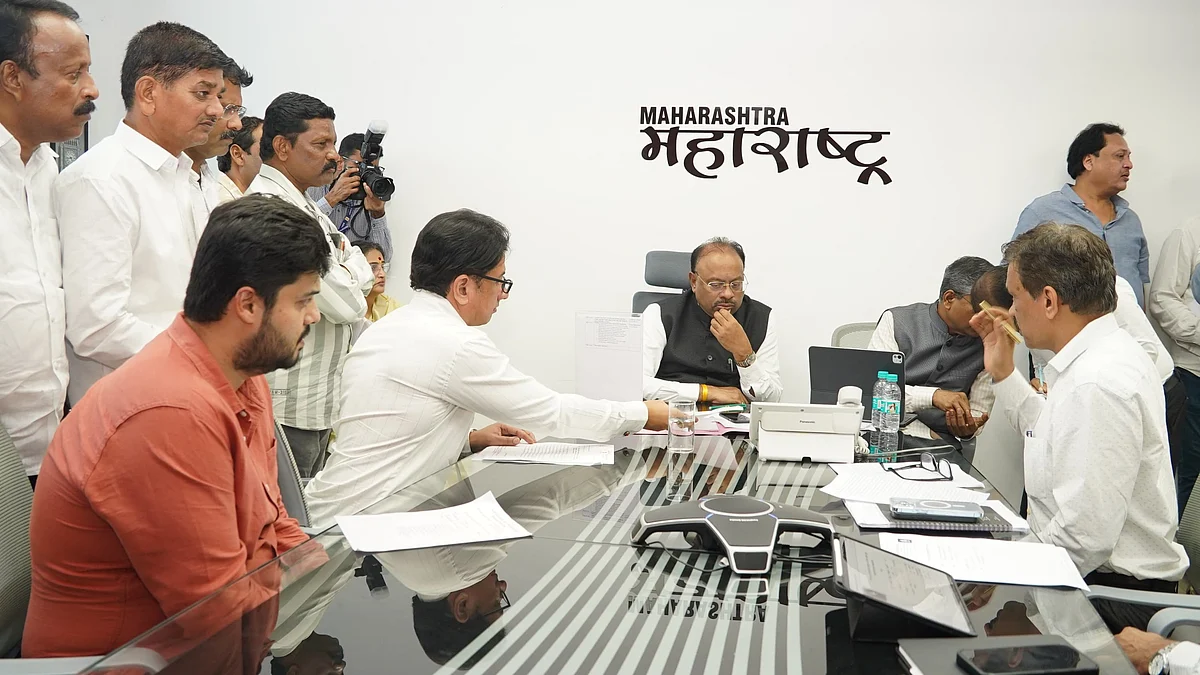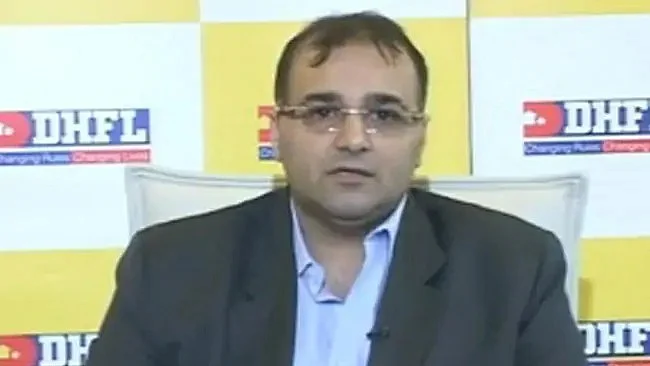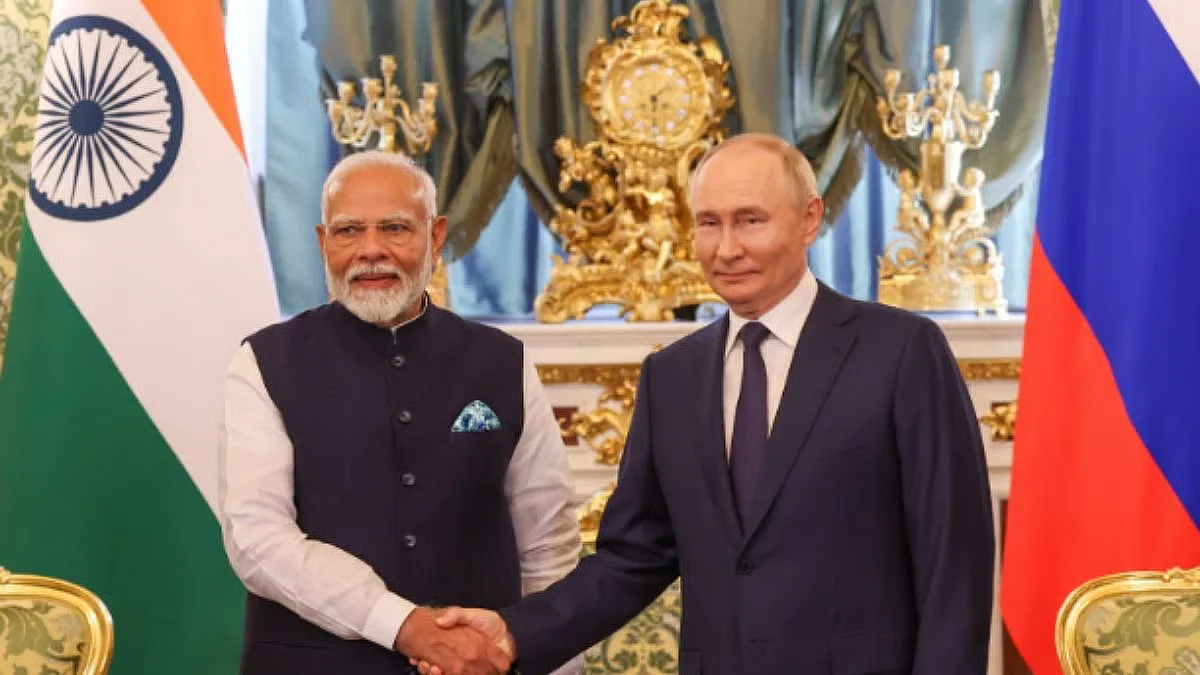A workshop under the Department for Promotion of Industry and Internal Trade (DPIIT) is scheduled for Wednesday to discuss and further the growth in India's overall toy manufacturing ecosystem.
The workshop saw participation from Flipkart and the Indian Toy Industry, a Commerce Ministry release stated.
"The workshop aims to enhance India's position and capabilities in the global toy supply chain. It will help the toy manufacturers understand the nuances of online selling, which will in turn help in the growth of sales and market access," it said.
In 2020, Prime Minister Narendra Modi expressed his desire to establish India as a global toy manufacturing hub. Since then, the government has undertaken initiatives including the formulation of a National Action Plan for Toys (NAPT) to promote the design of toys, using toys as a learning resource, monitoring the quality of toys, and promoting indigenous toy clusters.
The government believes this has resulted in remarkable growth of Indian toy industry in 2022–23 in comparison to 2014–15, with a decline in imports of 52 per cent, rise in exports of 239 per cent.
Some other interventions the government made in this industry include, increasing Basic Customs Duty (BCD) on toys from 20 per cent to 60 per cent in February 2020, and subsequently to 70 per cent in March 2023.
The Directorate General of Foreign Trade (DGFT) has mandated sample testing of each import consignment to curb the import of substandard toys. A Quality Control Order (QCO) for toys was issued in 2020, with effect from 2021.
Special provisions were notified by BIS in 2020 to grant licenses to micro sale units manufacturing toys without a testing facility for one year and without establishing an in-house testing facility, which was further extended by three years. BIS has granted more than 1400 licenses to domestic manufacturers and more than 30 licenses to foreign manufacturers.











